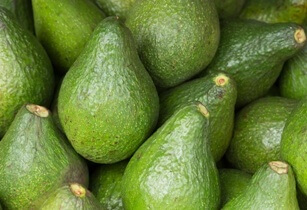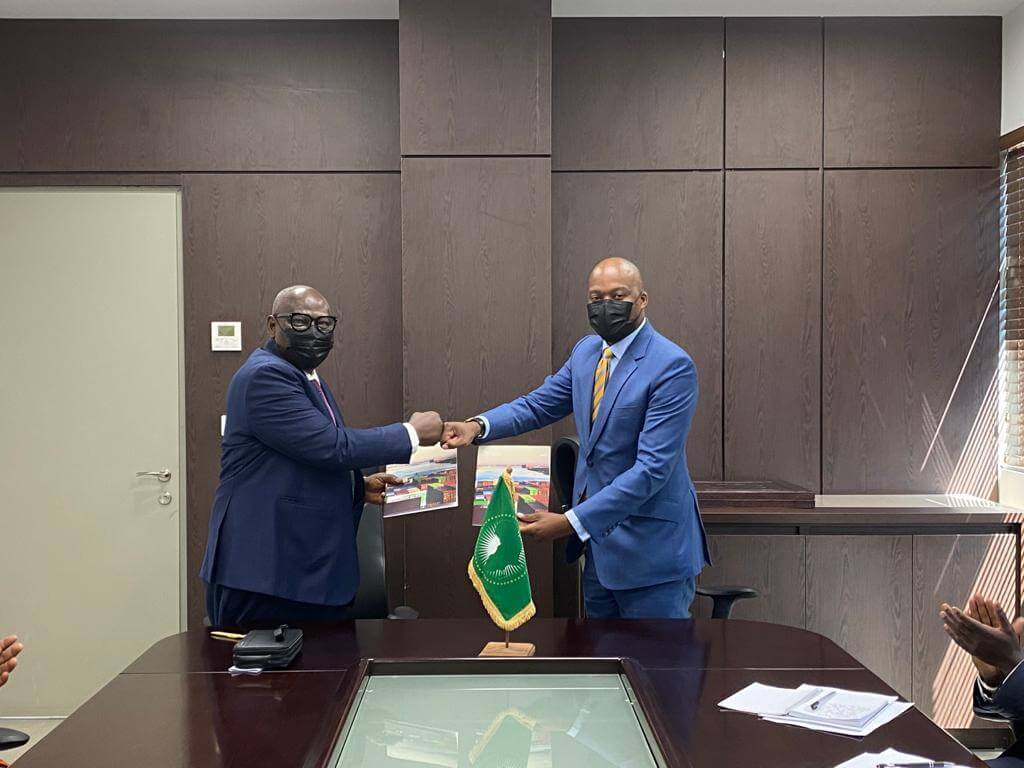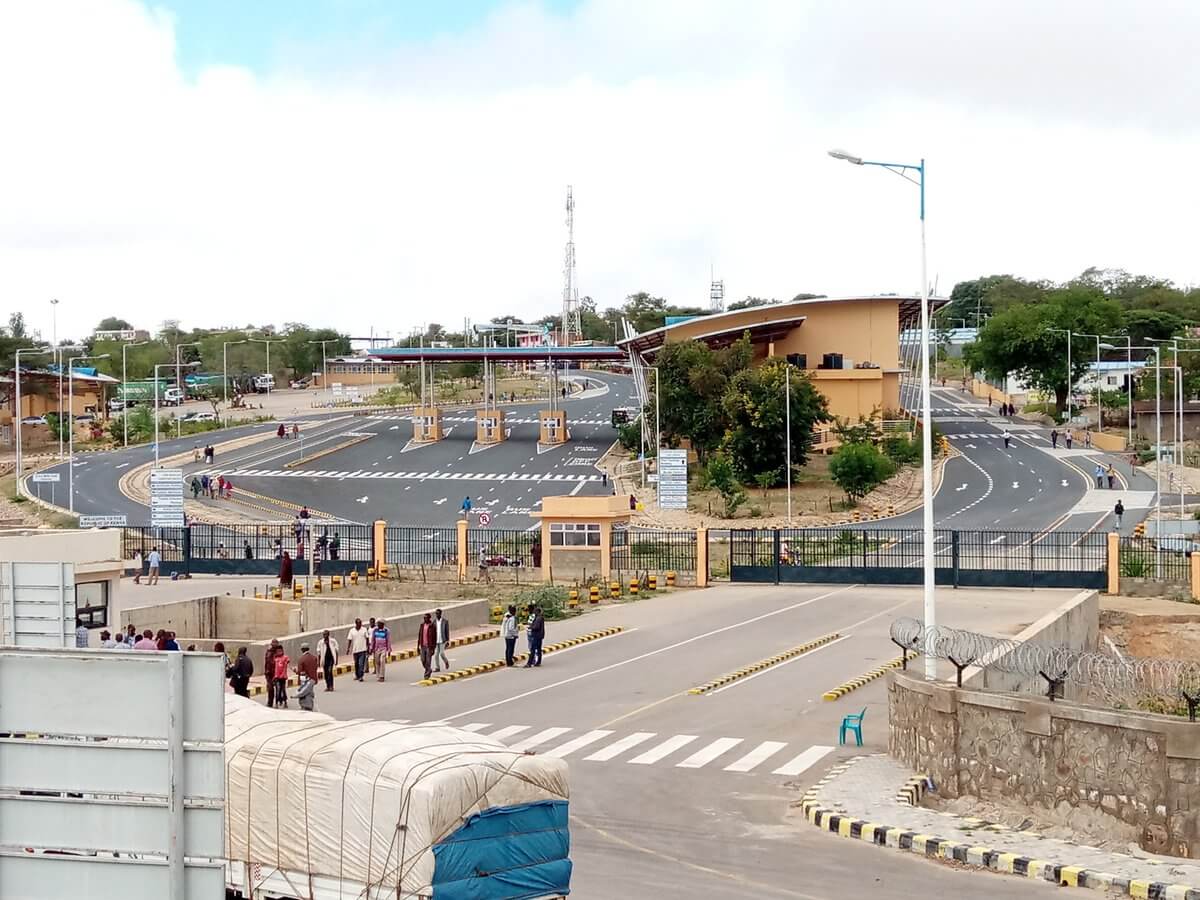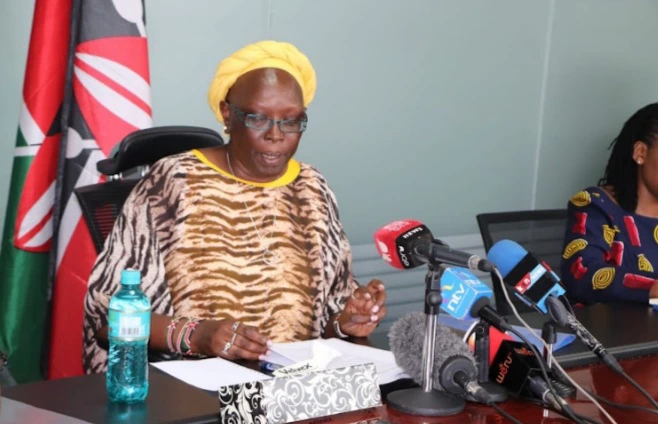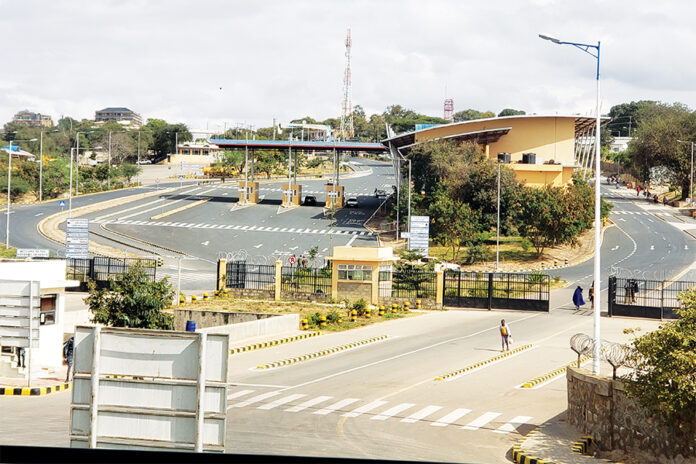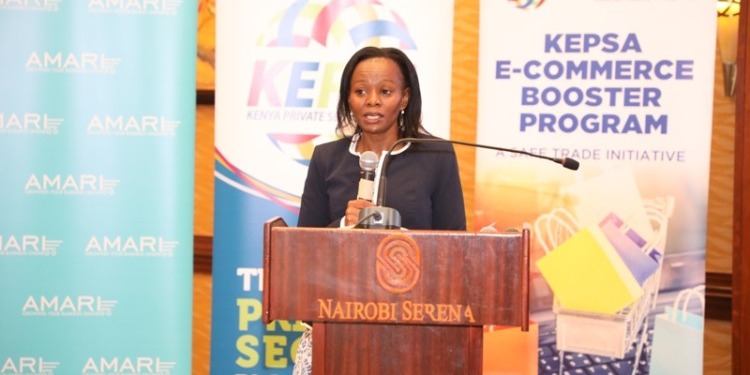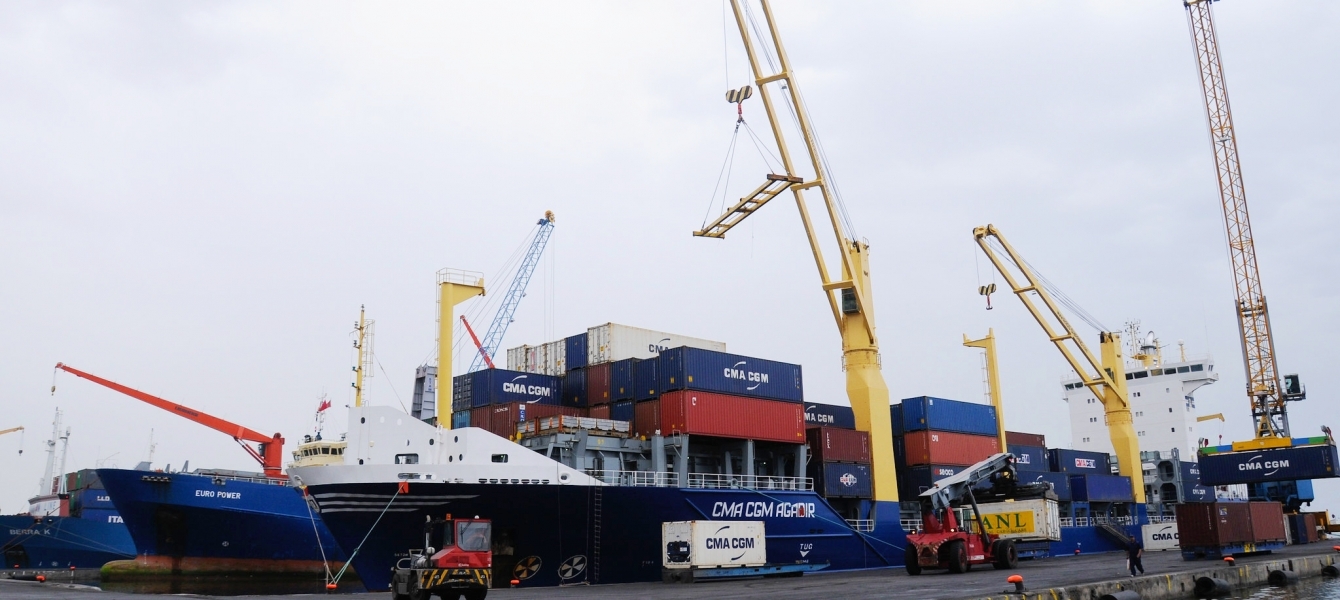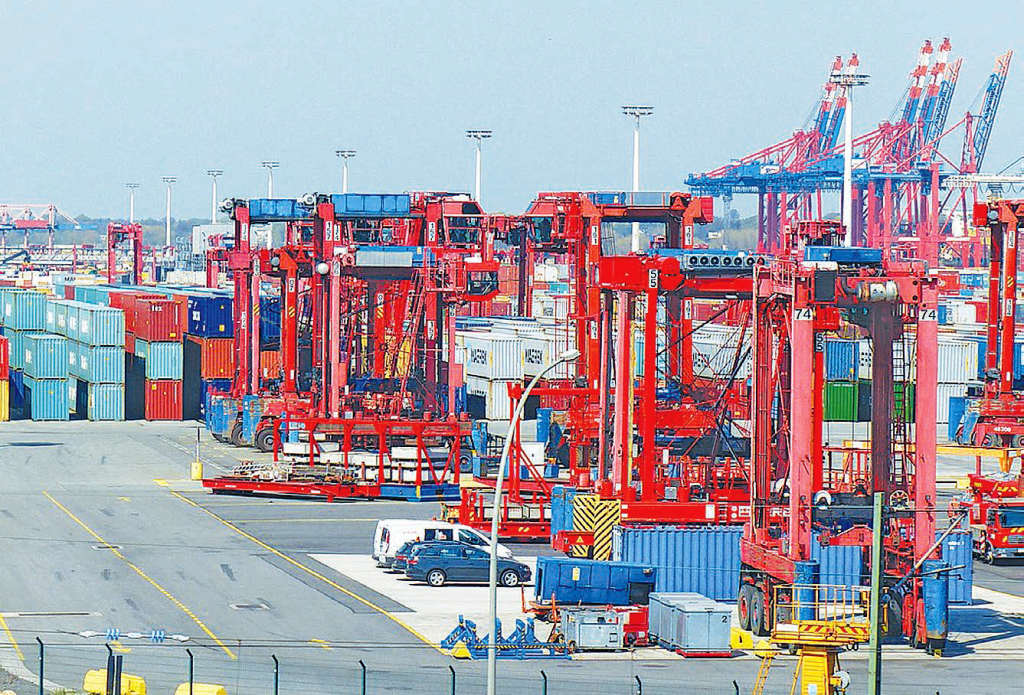Paul Mitei, a farmer from Kiptoben Village, Nakuru County, Kenya started growing avocados because other farmers in his community were also growing them AdobeStock 244722424NASFPA members have harvested 25,000 kgs of avocado for export so far, earning about US$22,500. (Image source: Adobe Stock) But due to poor crop management skills, the fruit yields were low with almost no profits. “Before the Forest and Farm Facility Programme (FFF) reached out to us, I faced many challenges in marketing the avocado produce from my farm,” says Paul. Paul furthers adds that he wanted to know more about how the avocado and tomato value chains worked, and the essential inputs that are critical to avocado cultivation, and meeting market demands. To improve his knowledge, he joined the Nakuru Small Holder Fruit Producers Association (NASFPA), with the hope of growing the sales of his farm produce. “Being a member of NASFPA, I am now well informed about how better market access can benefit from the FFF project. The initiative also gave me the opportunity to export my produce to Europe,” Paul said. He now produces high value fruits and sells together with his fellow NASFPA members. He has close to 104 avocado fruit trees, out of which 15 trees became fully matured last year. He harvested 500 kgs of fruit, and sold them for US$600. Farmers' organisations support farmers' livelihoods The Nakuru Small Holder Fruit Producers Association (NASFPA) was formed in July 2016, with support from the Forest and Farm Facility, a partnership involving...
NAFSPA helps farmers in Kenya to export avocado to Europe
Posted on: September 7, 2021
Posted on: September 7, 2021

